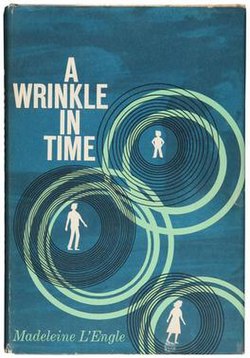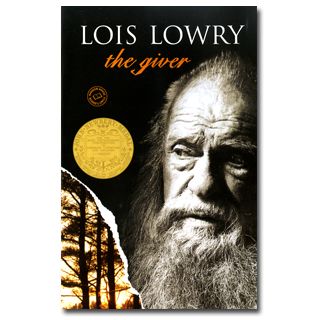Wednesday, April 25, 2012
Children's Book Day - ¡El día de los niños/El día de los libros!
On Monday, April 30, we will take part in a nation-wide celebration of children, literacy, and the cultures of the world! We will be celebrating at 3:30 p.m. with a multicultural literacy party for kids in preschool through grade 2. We'll share stories and songs from all sorts of countries and do some multilingual crafts. Children are also invited to come dressed as their favorite story book character (from any culture!).
Why are we doing this? And what constitutes this a nation-wide event?
In the very beginning, Children's Day began in 1925 at the World Conference for the Well-Being of Children in Switzerland. Each participating nation chose a day to honor and emphasize the importance and well-being of children in their country, and many countries in the Western Hemisphere chose April 30. The United States, however, was not a part of this movement. In 1996, children's author Pat Mora took the initiative to begin celebrating Children's Day here in the United States, and also decided to link it to literacy and bilingualism efforts.
Now it's become a day celebrated in conjunction with the American Library Association, the Association of Library Services to Children, and REFORMA (the National Association to Promote Library and Information Services to Latinos and the Spanish-Speaking).
If you're interested in finding out more about El día de los niños/El día de los libros on a national level, you can visit the nation-wide website at www.dia.ala.org. There are also a wide array of wonderful resources for parents to go even further than the activities we'll be doing at our program, including booklists and printable activities for parents and kids to do together!
Here in Watertown, we've decided to join in this celebration to honor the wonderful array of cultures and language that make up our town. We still have spots in Monday's program, so stop by or call 617-972-6435 to register.
Tuesday, April 17, 2012
Series Books!
Series books always seem to be popular: do remember your child asking for the new Wimpy Kid? or the new Rick Riordan? We certainly do! Some series books are very well known and loved: Harry Potter by J.K. Rowling, His Dark Materials by Philip Pullman, or The Chronicles of Narnia by C.S. Lewis. There are many ways to determine is a book is part of a series - A Series of Unfortunate Events is an informative and fun play on words that lets the reader know there are more books coming. And sometimes, publishers just print the volume number on the front cover, like all of the Magic Tree House books.
But sometimes it can be hard to tell if a book is part of a series! Like the Wizard of Oz, or The Borrowers? They are!
Here’s a brief list of some of our favorite books that you may not know are part of a series:

A Wrinkle In Time by Madeleine L’Engle
The Time Quintet begins with Newbery Medal winning A Wrinkle In Time. The story is told by Meg, and is about her and her family after their father, a government scientist, goes missing while working on a mysterious project called a tesseract.

The Giver by Lois Lowry
The Giver series begins with Newbery Medal winning The Giver. It is followed by Gathering Blue and Messenger. The story revolves around Jonas, who becomes the next Receiver of Memory in his utopian community.
 .
.The Cricket In Times Square by George Seldon
Chester is a cricket from Connecticut who gets caught on a commuter rail heading to New York City. He is taken in by Mario Bellini, whose parents run a newsstand and decide to keep Chester around for good luck. Follow Chester Cricket through all 7 of his adventures!

Crispin: The Cross of Lead by Avi
The Crispin series begins with the Cross of Lead. A 13 year old boy lives in England in 1377. When his mother dies, he turns to the village priest who promises to reveal to Crispin information about his true father. The priest is murdered before he can, and Crispin must flee for his life! Crispin’s adventures continue through 3 more books.
Wednesday, April 11, 2012
Why So Many Music Programs?













